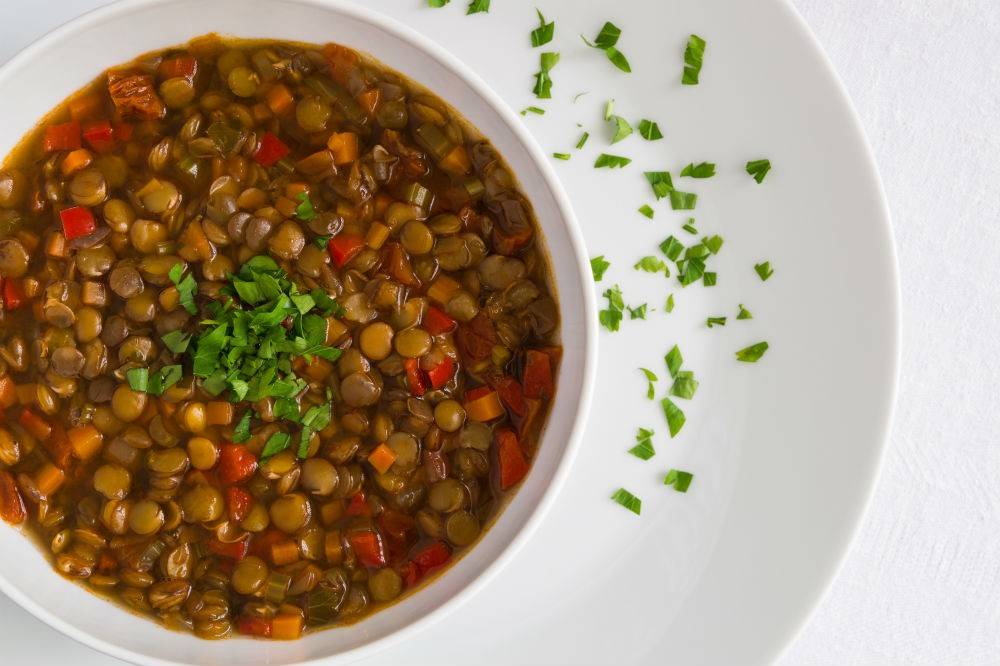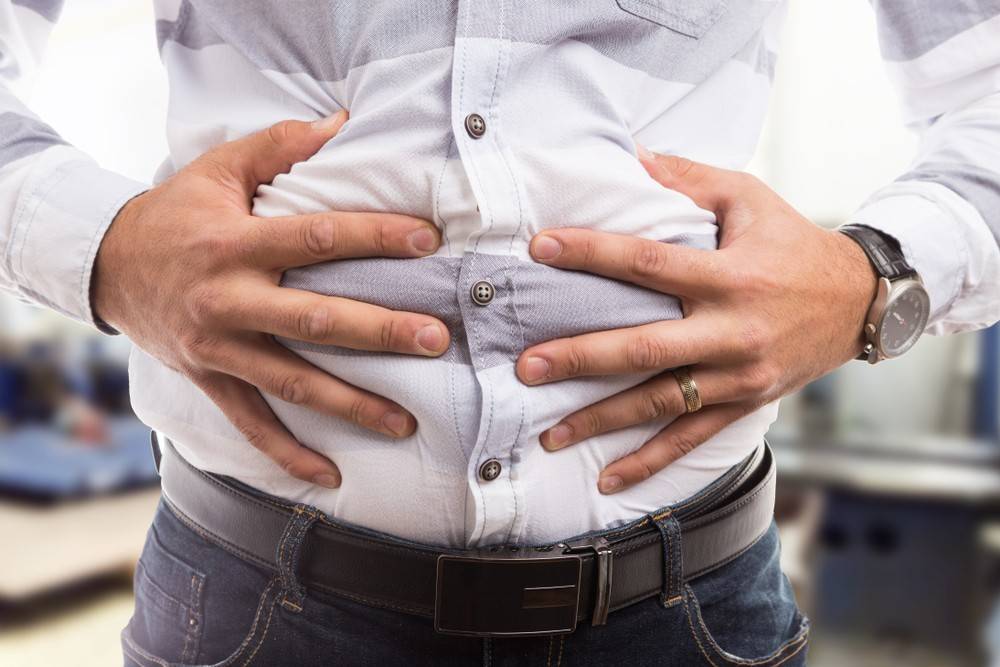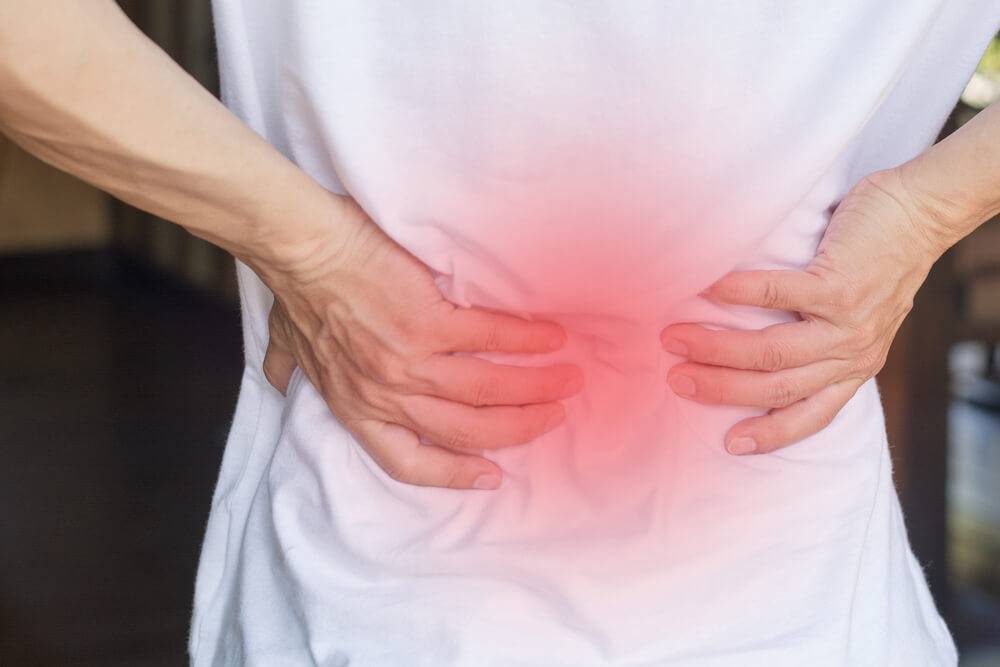Roughly 16 to 30 percent of people report experiencing bloating regularly. Even though this feeling is common, bloating is no fun at all; it can be extremely uncomfortable, cumbersome, and even painful. If you’re experiencing these issues, you need to know that there is help with bloating available.
By definition, bloating describes the sensations that occur when the stomach feels enlarged or swollen after eating or drinking. It is typically caused by gas that is released during the digestive process.
Bloating could be caused by a serious health condition, however, it is far more likely that the foods and drinks that make up your diet are the primary cause of the problem. Let’s take a look at what foods cause bloating so that you can better control the after-meal discomfort.
Foods That Cause Bloating
-
Beans and Lentils
Believe it or not, eating beans does make people pass gas. Beans and lentils are tremendously healthy foods that contain large amounts of healthy carbohydrates, proteins, vitamins, minerals, and fiber. However, they also contain a type of sugar known as alpha-galactosides.
Alpha-galactosides belongs to a group of carbohydrates known as FODMAPs. FODMAPs are a type of short-chain carbohydrates that escape the typical digestive pathway. This causes them to get broken down and fermented by gut bacteria that is located in the colon.
This FODMAPs fermentation process releases gas as a byproduct. This gas can become trapped in the digestive system and cause bloating, especially for individuals who suffer from irritable bowel syndrome or other types of stomach issues.
Therefore, beans and lentils are definitely foods to avoid with bloating. However, this doesn’t mean that you can’t reduce the severity of the bloating caused by these types of legumes.
Soaking and sprouting lentils and beans before eating will cause a reduction in the FODMAPs they contain. On top of this, certain beans and lentils are easier to digest than others. Black and pinto beans have a tendency to be the easiest beans to digest for most people. Also, light-colored lentils seem to be easier to digest than darker colored ones.

-
Carbonated Drinks
Ingesting carbonated drinks such as soda and sparkling waters can cause a ton of bloating. This is primarily because these type of drinks contain a large amount of a gas known as carbon dioxide. When people drink these type of beverages, some of the carbon dioxide that gets ingested can get trapped in the digestive system. This trapped gas can cause tremendous bloating and cramping.
-
Wheat
Wheat contains a protein known as gluten. Over the last decade, research has shown that this common, yet troublesome, protein can cause a variety of different issues, irritation, and bloating. This is especially true for people that have gluten sensitivity or Celiac’s disease.
Wheat is full of FODMAPs. All of the aforementioned factors combined make wheat a primary source of bloating. Non-bloating substitutes for wheat, that are gluten-free, include oats, almond flour, coconut flour, and quinoa.
Hopefully, this article makes it clear what foods to avoid that cause gas so that you can feel more comfortable after eating. However, if you are dealing with bloating or other digestive issues with increasing regularity, they could be caused by another type of health problem.
Feel free to contact Fix24 Joint Biomechanics if that seems to be the case. We would love to help you find the root cause of your digestive issues, and start you on a treatment program as soon as possible! Call us today, to set up an appointment!



